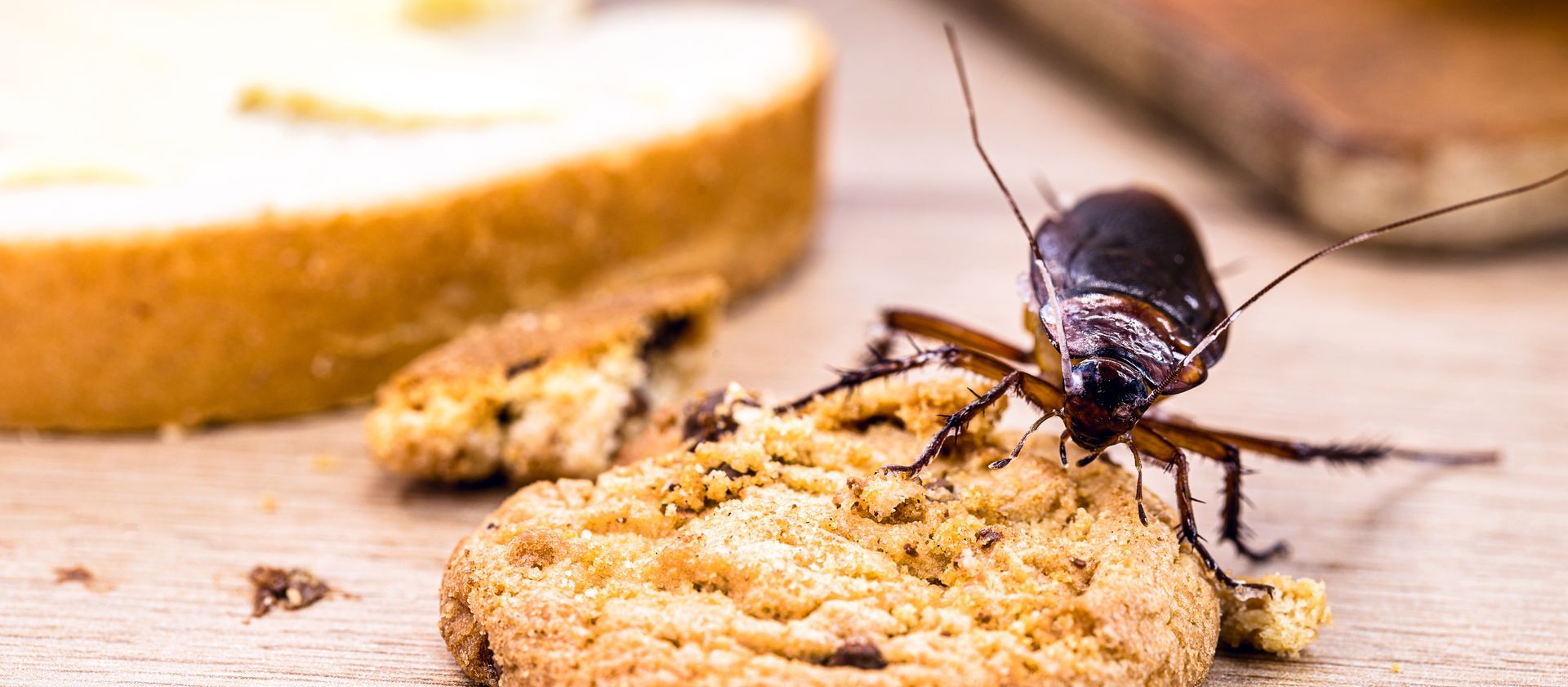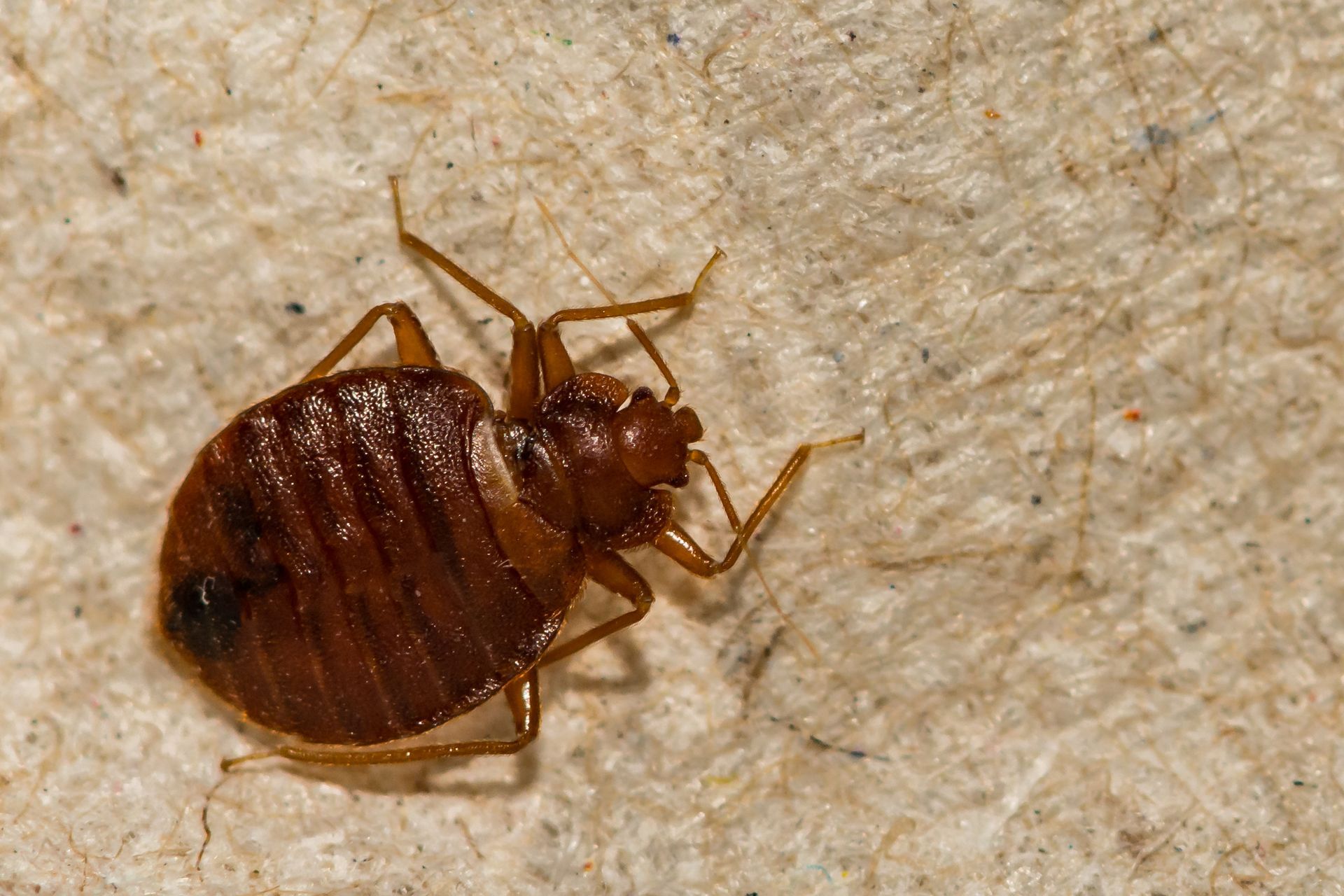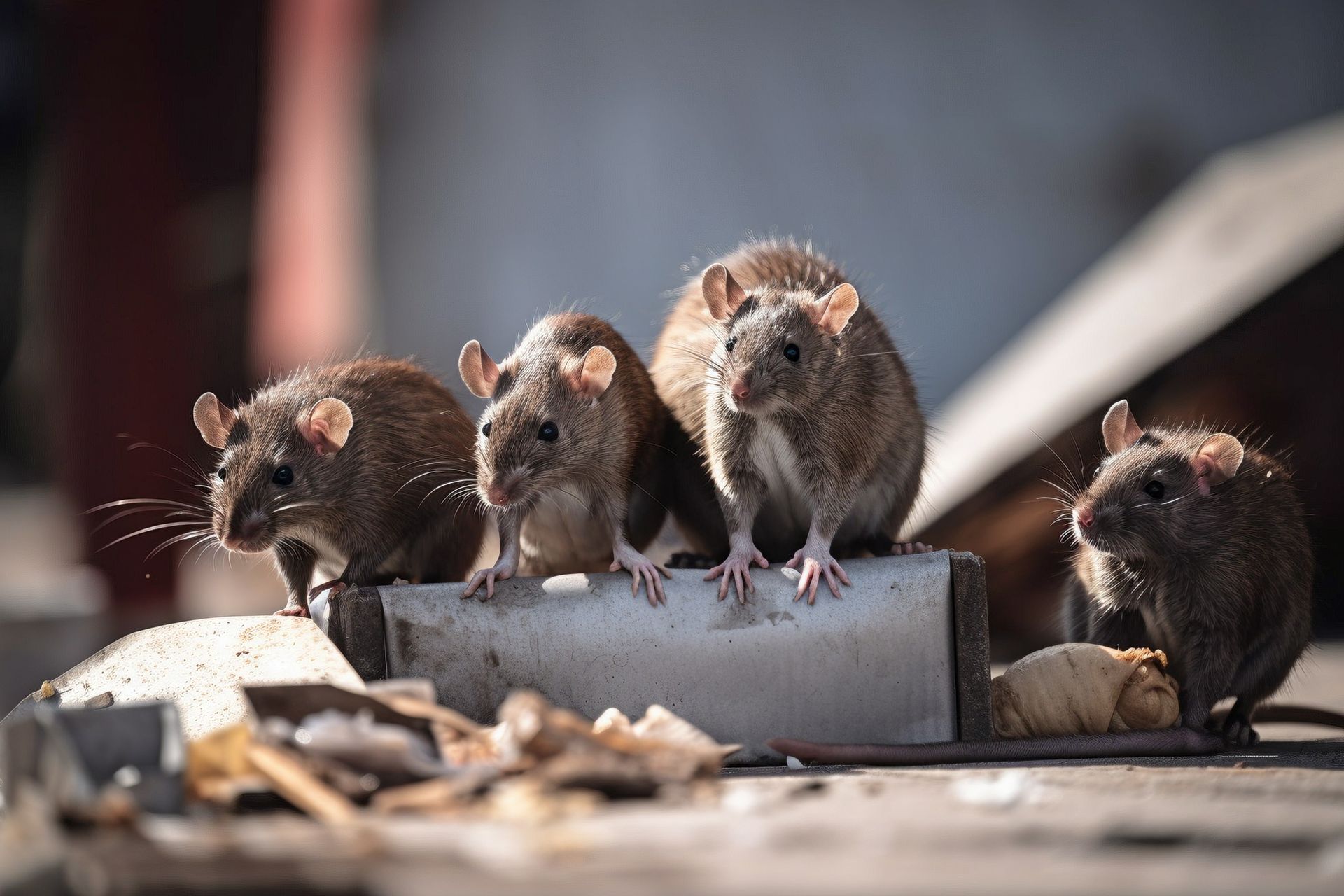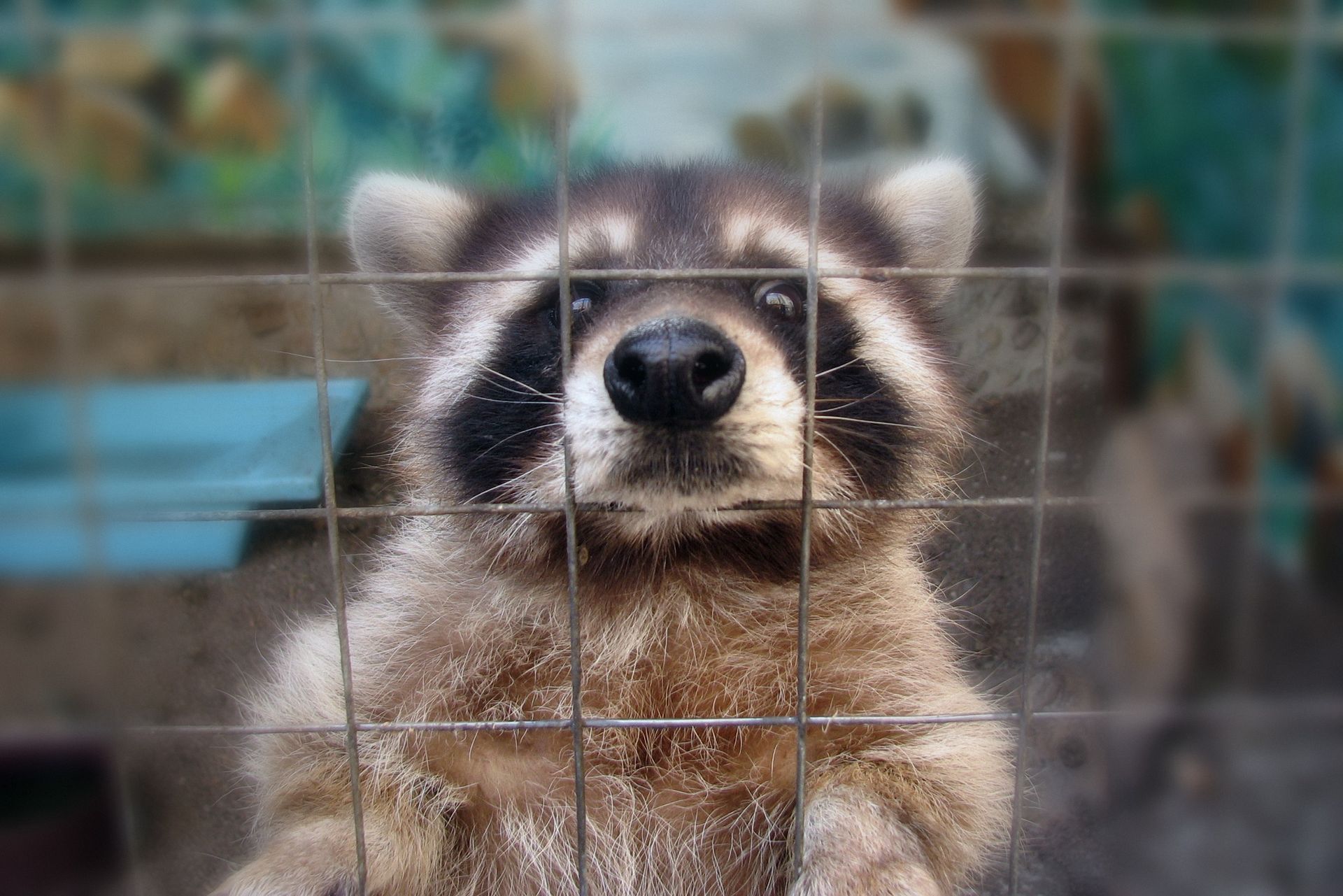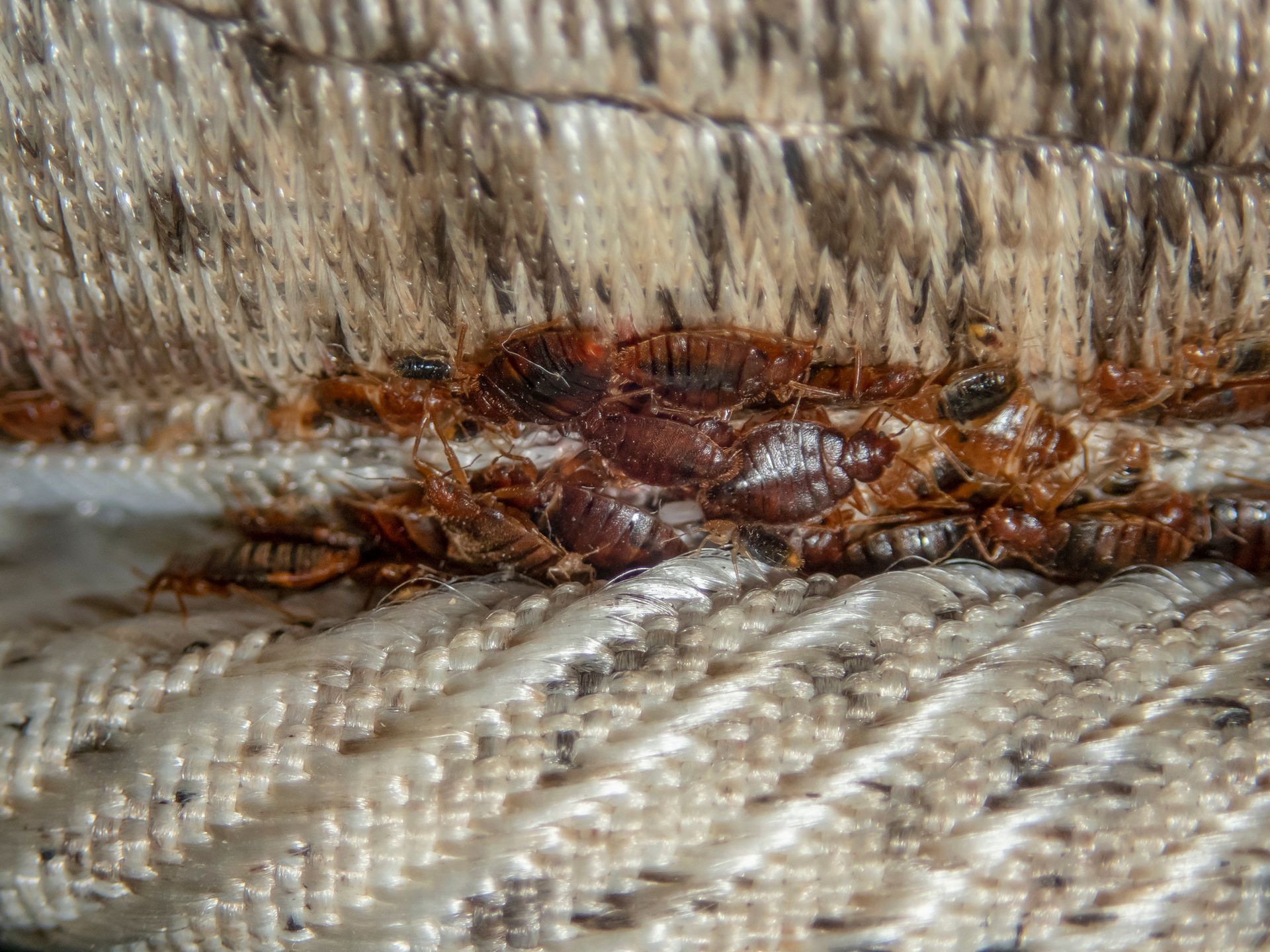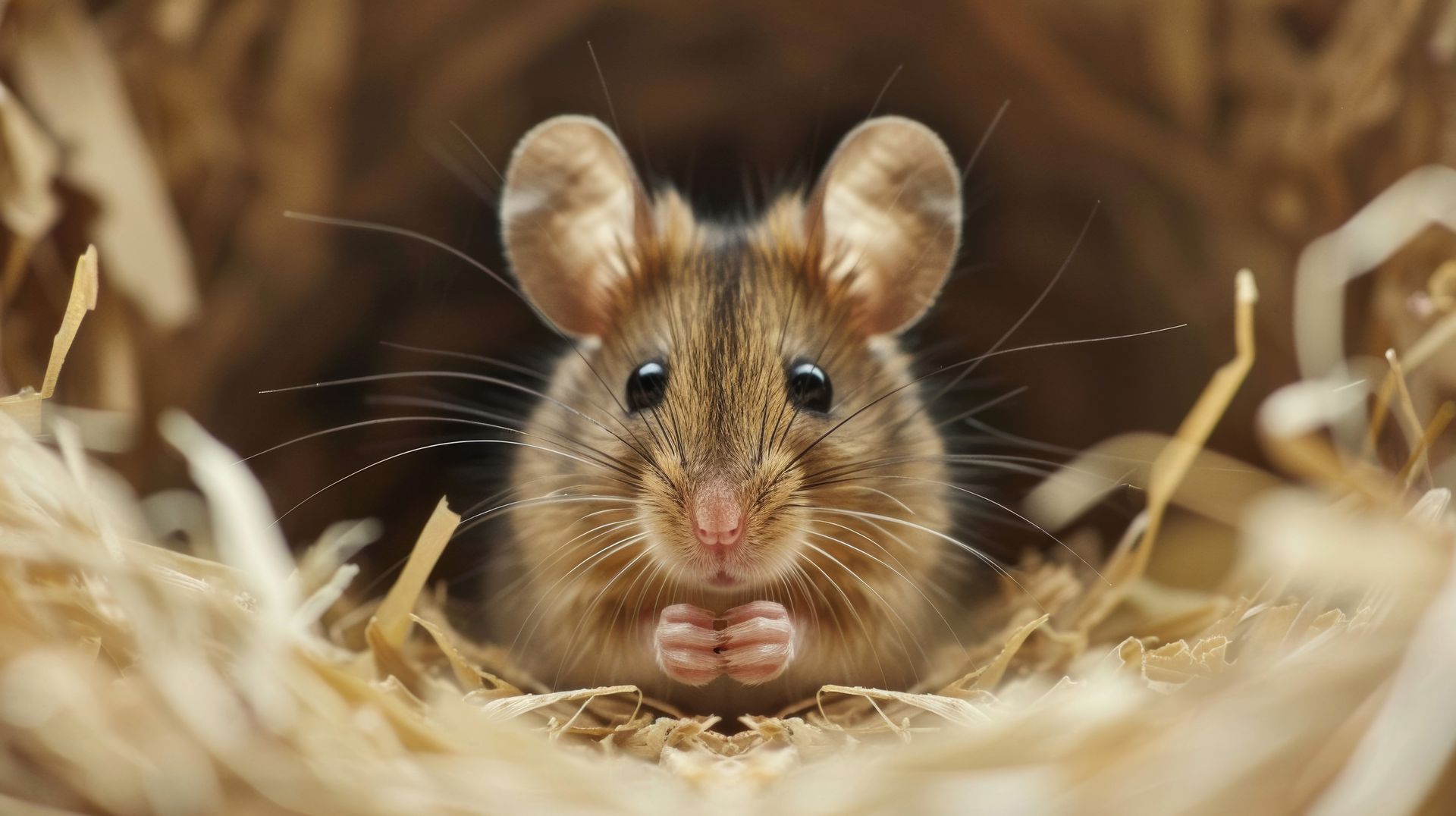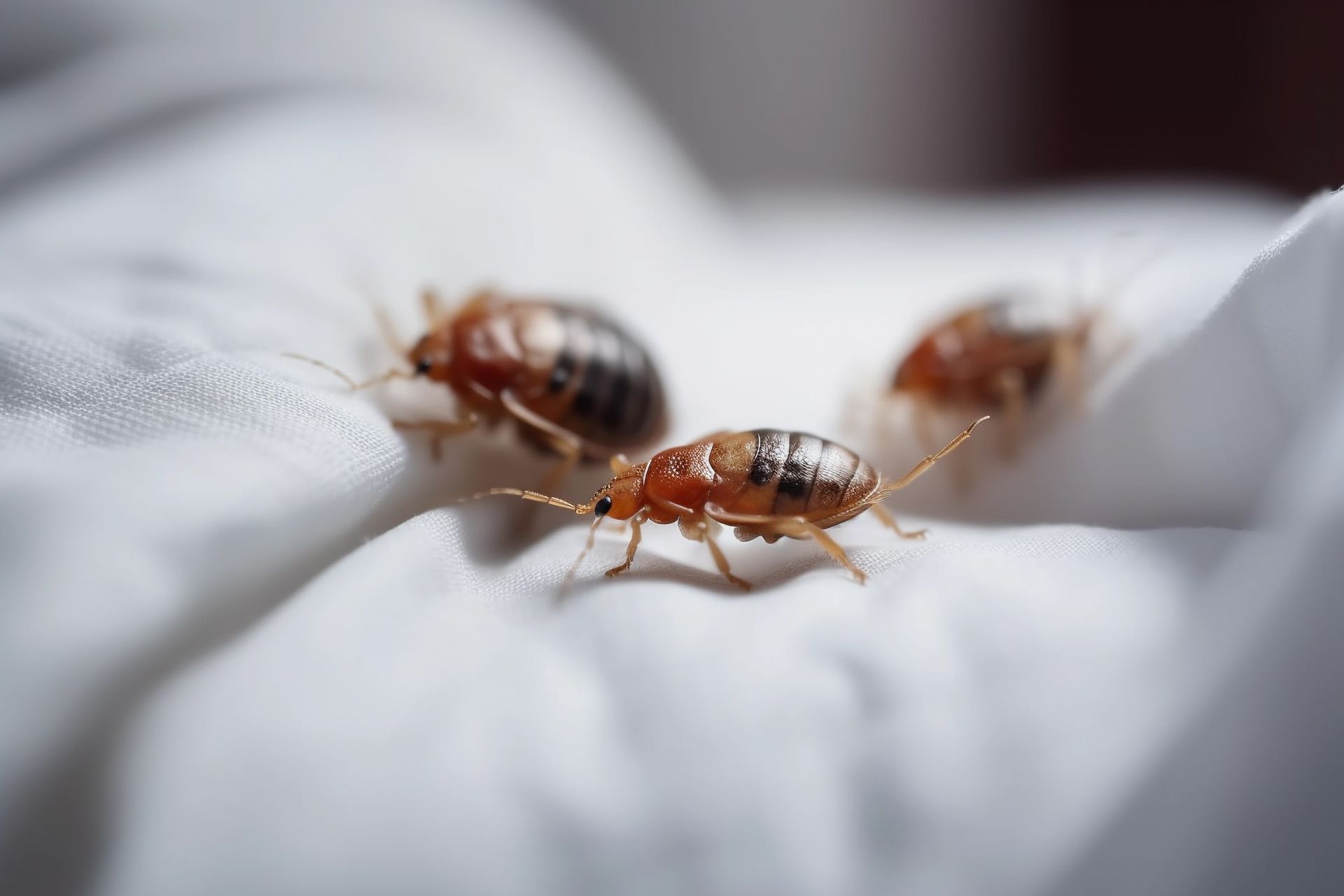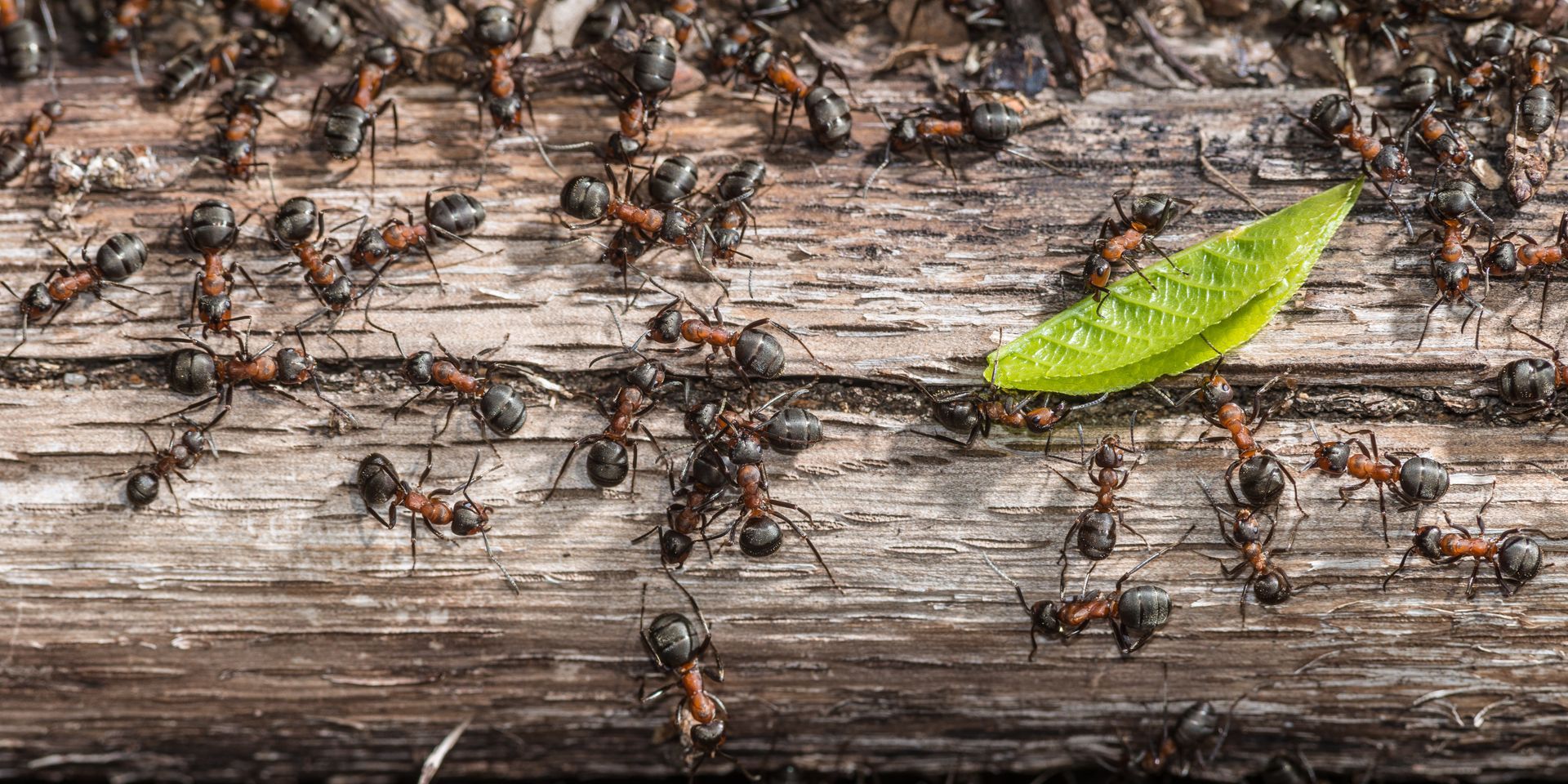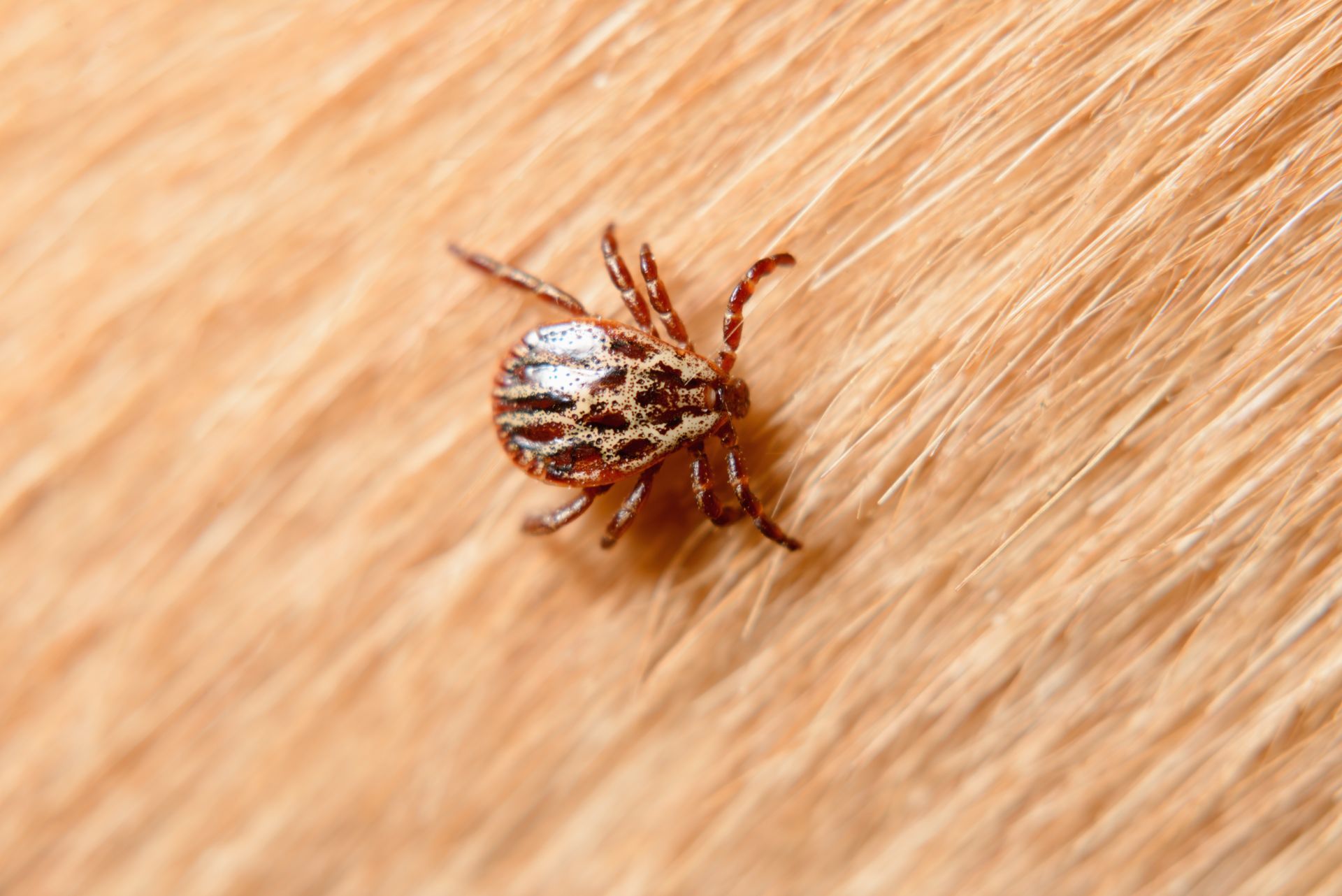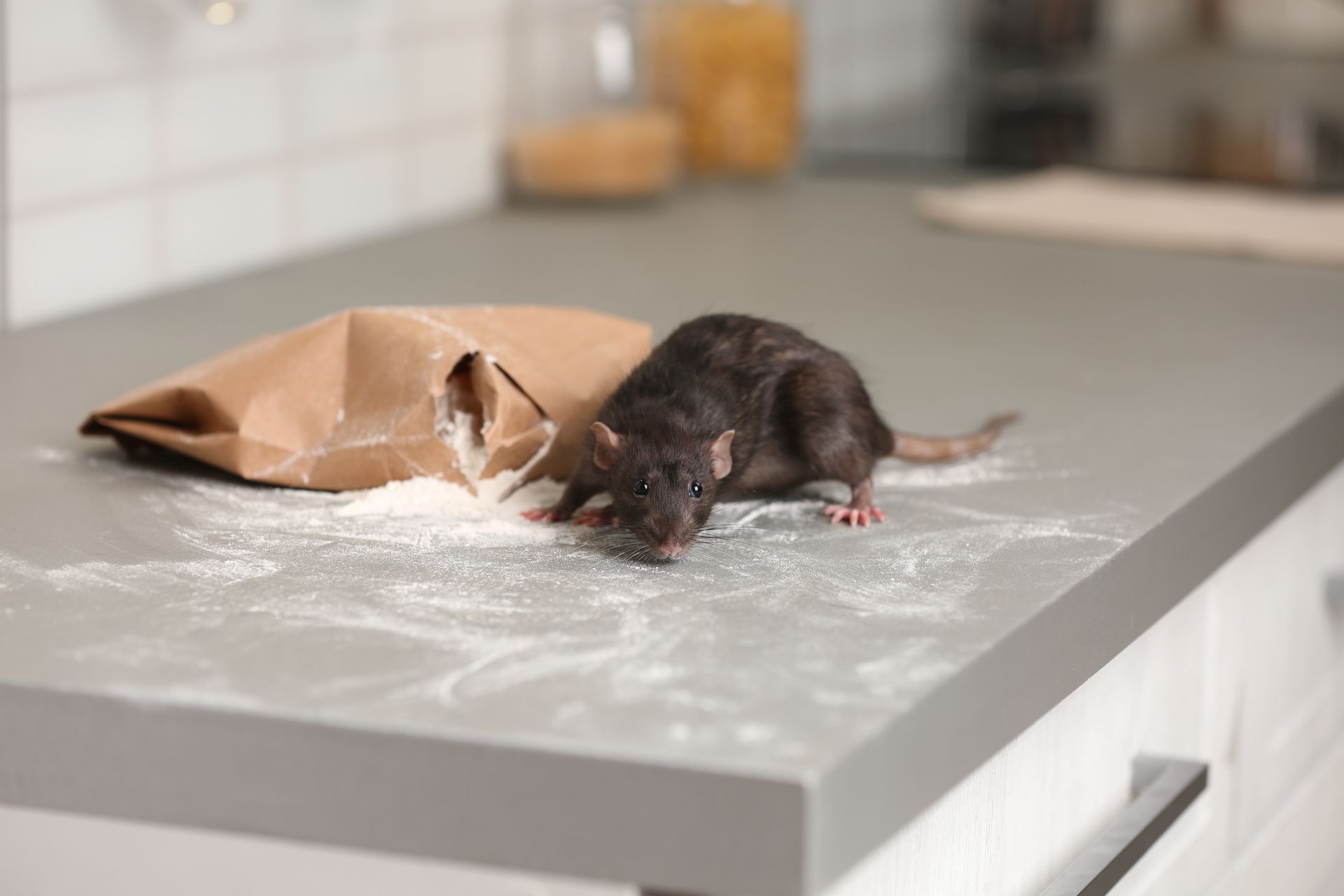Urban Rodent Control Tampa: Navigating the Rat Race
In the hustle and bustle of Tampa's vibrant urban environment, there's an unseen adversary lurking in the shadows: rodents. These tiny creatures might seem innocuous at first glance, but their presence can have far-reaching consequences for both residents and the city as a whole. In this blog post, we'll delve into the impact of rodent infestations on Tampa's urban environment, exploring the challenges they pose and the solutions available to combat them.
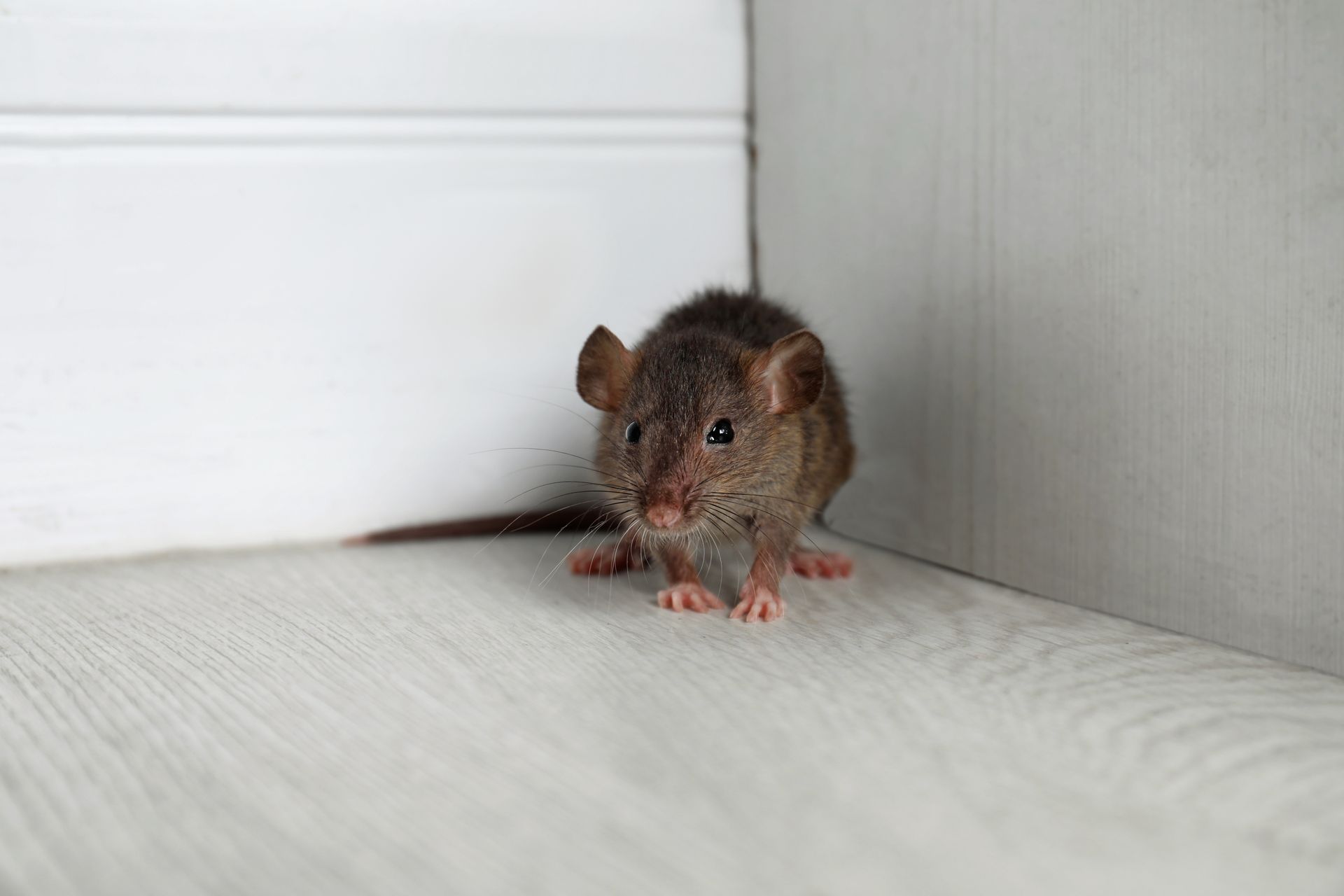
The Silent Invaders: Understanding the Impact
Rodents, including rats and mice, are not just pesky nuisances; they're also vectors for disease and can cause significant damage to property and infrastructure. In Tampa, where warm temperatures and abundant food sources create an ideal habitat, rodent populations can quickly spiral out of control if left unchecked.
One of the most pressing concerns posed by rodent infestations is the risk of disease transmission. These creatures can carry a host of pathogens, including salmonella, leptospirosis, and even hantavirus, posing a threat to public health. With Tampa's dense population and bustling tourist industry, the spread of such diseases can have devastating consequences.
Moreover, rodents are notorious for their destructive habits. They gnaw through electrical wiring, insulation, and structural materials, causing costly damage to homes and businesses. From chewed-up wires sparking fires to compromised building foundations, the impact of their activity extends far beyond mere annoyance.
Challenges in Combating Rodent Infestations
Despite the best efforts of homeowners and local authorities, rodent control Tampa poses several challenges. The city's warm climate provides rodents with year-round breeding opportunities, allowing populations to thrive without the seasonal lulls seen in colder regions. Additionally, the dense urban landscape and abundance of hiding spots make it difficult to identify and eradicate infestations effectively.
Furthermore, traditional methods of rodent control, such as traps and poisons, can have limited effectiveness and may pose risks to non-target species and the environment. Moreover, rodents are notorious for their ability to adapt to new threats, making it challenging to stay one step ahead of them.
Solutions for a Rodent-Free Tampa
Despite these challenges, there are several strategies available to combat rodent infestations and mitigate their impact on Tampa's urban environment.
- Integrated Pest Management (IPM): Adopting an IPM approach involves combining multiple strategies, including habitat modification, sanitation measures, and targeted pest control interventions. By addressing the root causes of rodent infestations and implementing a comprehensive action plan, communities can achieve long-term success in controlling rodent populations.
- Community Engagement: Building awareness and fostering community involvement are crucial components of effective rodent control efforts. Educating residents about proper waste management practices, sealing entry points, and recognizing the signs of rodent activity can empower individuals to take proactive measures to protect their homes and neighborhoods.
- Green Solutions: In recent years, there has been growing interest in environmentally friendly rodent control methods that minimize the use of chemical pesticides. These include biological control agents, such as predatory birds and beneficial insects, as well as physical barriers and repellents derived from natural substances.
- Collaboration and Partnerships: Addressing rodent infestations requires collaboration across various stakeholders, including local government agencies, pest control professionals, and community organizations. By pooling resources and expertise, these entities can develop coordinated strategies and leverage their collective efforts to achieve greater impact.
The Importance of Integrated Pest Management (IPM)
Integrated Pest Management (IPM) is a holistic approach to pest control that emphasizes prevention, monitoring, and control. In the context of rodent control Tampa, IPM strategies can be highly effective in reducing infestations and minimizing the need for chemical pesticides.
One key component of IPM is habitat modification, which involves identifying and addressing the factors that attract rodents to urban environments. This may include reducing food sources, such as improperly stored garbage or spilled pet food, and eliminating hiding places, such as cluttered yards or overgrown vegetation. By making these simple changes, homeowners can make their properties less hospitable to rodents and reduce the likelihood of infestations.
Another important aspect of IPM is regular monitoring to detect rodent activity early and prevent populations from spiraling out of control. This may involve conducting routine inspections of buildings and outdoor areas for signs of rodent presence, such as droppings, gnaw marks, or burrows. By catching infestations in their early stages, pest control professionals can intervene quickly and prevent further spread.
When it comes to controlling rodent populations, IPM emphasizes the use of non-chemical methods whenever possible. This may include employing mechanical traps or exclusion devices to capture or deter rodents without the use of toxic baits or poisons. These methods are not only more environmentally friendly but also safer for non-target species, such as pets or wildlife, that may inadvertently come into contact with them.
However, in cases where chemical pesticides are deemed necessary, IPM advocates for the judicious use of these products in a targeted and responsible manner. Pest control professionals can apply pesticides strategically to areas of high rodent activity while minimizing exposure to humans, pets, and the environment. Additionally, they may use less toxic formulations or bait stations that reduce the risk of secondary poisoning to non-target species.
By adopting an integrated approach that combines habitat modification, monitoring, and control measures, Tampa residents can effectively manage rodent populations while minimizing risks to human health and the environment.
Community Engagement and Education
Building awareness and fostering community involvement are essential components of successful rodent control efforts in Tampa. Educating residents about the risks posed by rodents and the importance of proactive prevention measures can empower individuals to take action to protect their homes and neighborhoods.
One way to engage the community is through outreach and educational campaigns that provide information on rodent biology, behavior, and control strategies. This may include distributing educational materials, hosting workshops or seminars, or partnering with local schools or community organizations to raise awareness among residents of all ages.
Another effective strategy is to provide residents with practical tips and resources for rodent prevention and control. This may include guidance on proper waste management practices, such as securing garbage bins and compost piles, as well as instructions for sealing entry points and maintaining a clean and clutter-free environment. By equipping residents with the knowledge and tools they need to address rodent infestations, communities can empower them to take proactive measures to protect their homes and neighborhoods.
In addition to education and outreach efforts, community engagement can also involve fostering partnerships and collaborations between residents, local government agencies, pest control professionals, and other stakeholders. By working together, these entities can share resources, expertise, and best practices to develop comprehensive and coordinated strategies for rodent control Tampa.
Conclusion
Rodent infestations pose a significant threat to Tampa's urban environment, but they are not insurmountable. By understanding the challenges they present and implementing effective solutions, we can create a safer, healthier, and more resilient city for generations to come. From adopting integrated pest management practices to fostering community engagement, each of us has a role to play in the ongoing battle against the rat race.
Ready to reclaim your urban oasis from pesky rodents? Trust Exceed Pest Control to banish those furry intruders from your Tampa property with efficient, eco-friendly solutions. Say goodbye to the rat race and hello to a rodent-free environment by scheduling your pest control service today!
Frequently Asked Questions (FAQ’s)
How do rodents enter homes in urban environments?
Rodents can enter homes through small cracks and openings in walls, vents, and pipes. They are adept at squeezing through tiny spaces to seek shelter and food indoors.
Are chemical pesticides safe for use in urban areas?
When applied by trained professionals, chemical pesticides are used judiciously to minimize risks to humans, pets, and the environment. Additionally, alternative methods such as traps and exclusion devices are available for those concerned about chemical exposure.
How can I prevent rodent infestations in my urban property?
implementing proper sanitation practices, such as sealing food containers and maintaining a clutter-free environment, can deter rodents by removing potential food sources and hiding spots. Regular inspections for entry points and prompt repairs of any openings can also prevent rodents from gaining access to buildings.
Are there eco-friendly rodent control options available?
Yes, there are eco-friendly rodent control methods such as biological control agents, physical barriers, and repellents derived from natural substances. These alternatives minimize environmental impact while effectively managing rodent populations.
How quickly can I expect to see results from rodent control measures?
The timeline for seeing results depends on factors such as the severity of the infestation and the chosen control methods. However, with professional pest control services like Exceed Pest Control, you can typically expect to see a noticeable reduction in rodent activity within a few days to weeks.
Ready to work with Exceed Pest Control Inc.?
Let's connect! We’re here to help.
Send us a message and we’ll be in touch.
Or give us a call today at 727-999-1733
Agency Contact Form
More Marketing Tips, Tricks & Tools
